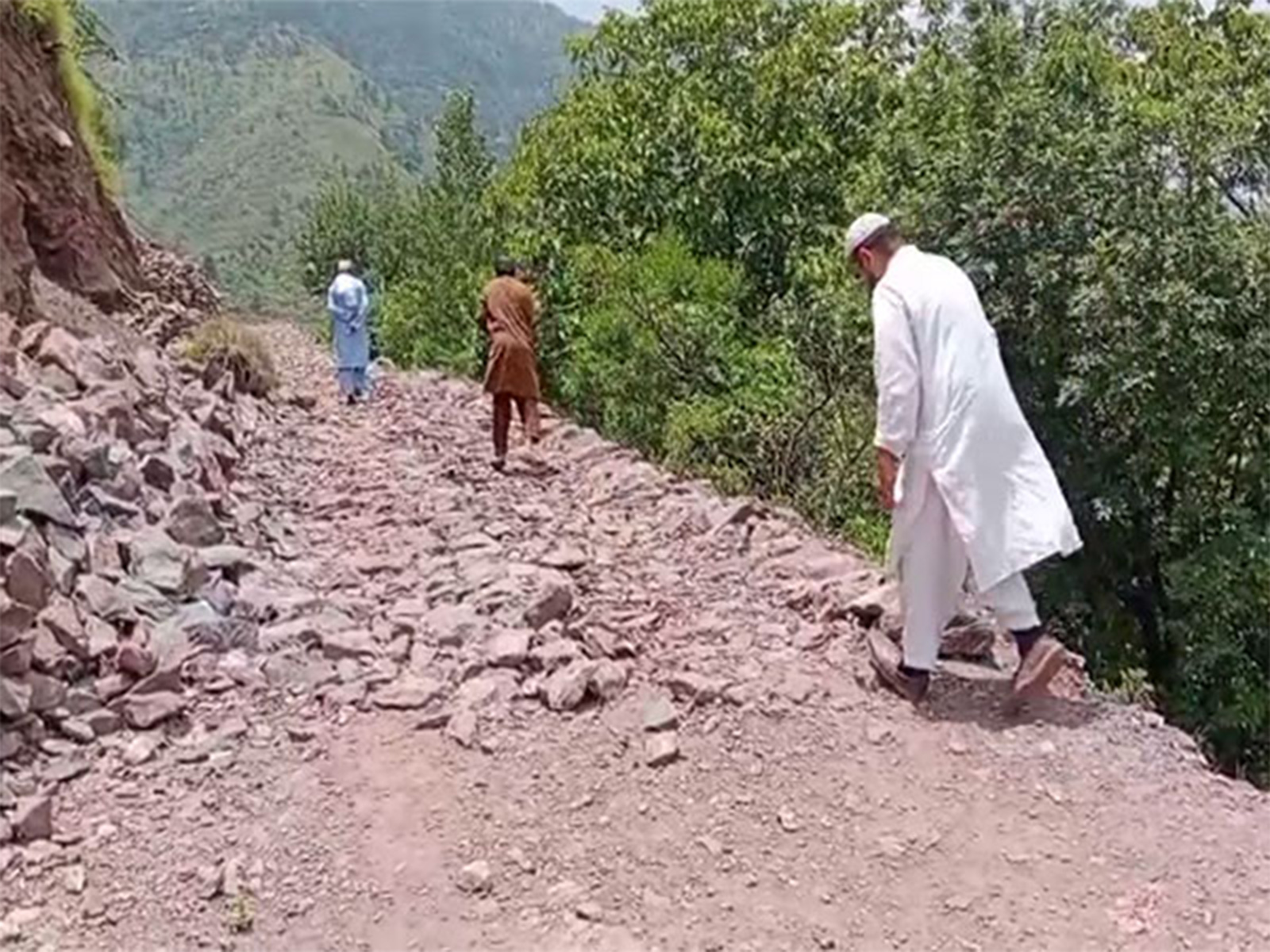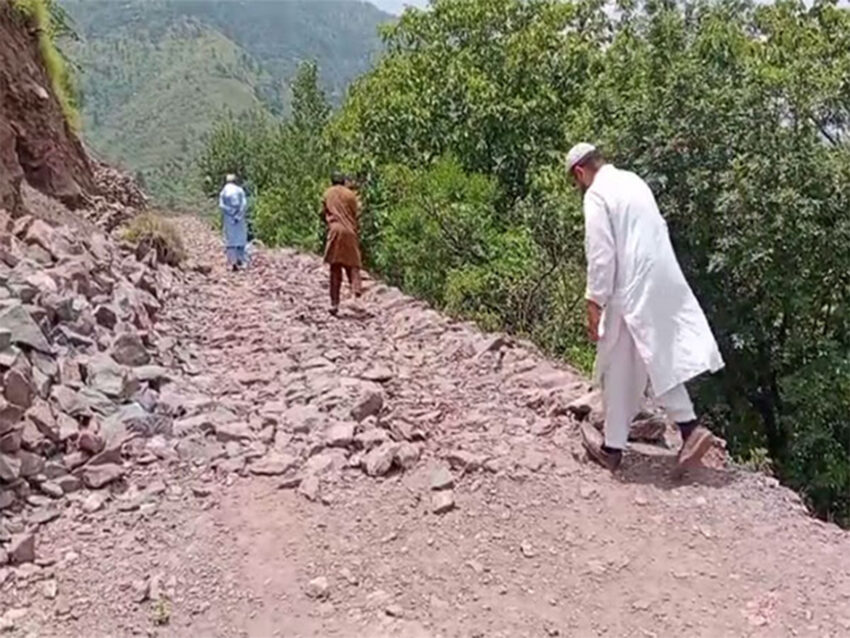
Muzaffarabad [PoJK], September 17 (ANI) Residents of Bat Nara, a village in the Lachhrat constituency of Muzaffarabad in Pakistan-occupied Jammu Kashmir (PoJK), have voiced deep frustration over the absence of essential facilities, despite living just three kilometres from the Neelum-Jhelum Hydropower Project, one of Pakistan’s major power-generating projects.
The villagers, numbering in the thousands, remain deprived of electricity, clean drinking water, health services, and functional educational institutions. Residents say the irony is striking: while the Neelum-Jhelum Project generates over 1,000 megawatts of electricity for the national grid, Bat Nara itself remains in darkness.
Education, in particular, is in crisis. The village has a government-designated girls’ primary school and a boys’ middle school, but both exist only on paper. Neither buildings nor teachers are present. Parents say their children have never even seen a teacher in class. “Our daughters are eager to study, but without a proper school environment or staff, they are forced to sit idle,” one resident stated.
The lack of facilities extends beyond education. Villagers report that natural springs, once their primary source of water, have dried up due to the construction of the Neelum-Jhelum project. Clean drinking water is now unavailable, leaving families struggling to meet daily needs. Health care is also nonexistent, with no dispensary or basic medical support in the area.
Residents argue that their village has been neglected by successive governments, despite repeated promises during election campaigns. They warn that the “community’s patience is running out, and unless steps are taken before the upcoming polls, they may bar political leaders from entering the area”. Living just a few kilometres away from a project that powers the nation, we are still trapped in a life without electricity, education, or health facilities,” a local elder stated, calling on authorities to urgently address their plight.
The people of Bat Nara have demanded the immediate provision of electricity, clean water, functioning schools with qualified teachers, and a dispensary to meet their basic health needs. Without these, they say, their village will remain a symbol of state neglect. (ANI)


